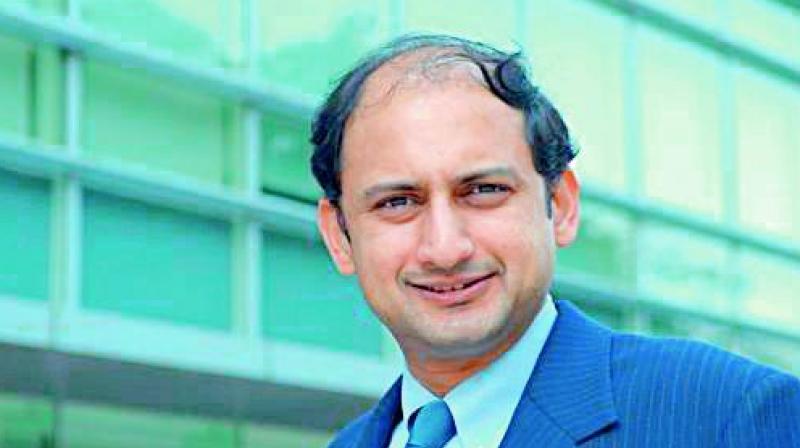T20 or Test, India should win the match
Speaking to a senate committee in 1987, Greenspan said, If I seem unduly clear, you must have misunderstood what I said.

Obfuscation is often regarded as the norm in ‘central bank speak’. When the central bank wants to send messages without upsetting markets, words are carefully and subtly used. The legendry former Fed chief Allen Greenspan was a master in this art of obfuscation. Speaking to a senate committee in 1987, Greenspan said, “If I seem unduly clear, you must have misunderstood what I said.”
RBI deputy governor Viral Acharya’s now famous speech came as a study in contrast. Dr Acharya’s speech was unusually and surprisingly blunt. In the AD Shroff Memorial Speech, he said, “governments that do not respect central bank independence will sooner or later incur the wrath of the financial markets, ignite economic fire, and come to rue the day they undermined an important regulatory institution.” What provoked the deputy governor to use such strong language? What are the issues of disagreement between the RBI and the government?
It has been widely reported that the government initiated consultations under Section 7 of the RBI Act that gives powers to the government ‘to instruct the RBI in public interest’. Since the letters exchanged between the government and the central bank are not in the public domain, there is lack of clarity on the exact nature instructions. However, it is believed that the disagreements are mainly on 3 issues.
PCA norms
It is a fact that credit growth in the economy has suffered due to the rigorous norms imposed by the RBI under its Prompt Corrective Action (PCA) for the stressed banks. Particularly, the government feels that the MSME sector is starved of funds. Eleven out of the 21 PSU banks are under PCA and these banks are under severe restrictions on lending. The government wants the RBI to relax the PCA norms relating to Net NPAs, capital adequacy and profitability of PSU banks. But the RBI feels strict PCA norms are a must to nurse the banks back to health and to prevent a repeat of the NPA crisis presently plaguing banking sector.
The NBFC woes
The NBFC sector has been under severe liquidity strain following the IL&FS default. NBFCs found the going tough after the IL&FS default and the consequent liquidity crunch. The sell-off in some NBFC bonds and stocks rocked the financial markets and threatened a liquidity crisis. The government wanted RBI to provide a dedicated credit window to the NBFCs since '1 lakh crores of NBFC debt is coming for redemption in November. But the RBI feels that there is no systemic liquidity crisis.
RBI’s reserves
It is a fact that meeting the fiscal deficit target of 3.3 per cent in FY2019 would be a major challenge this year since GST collections are running short of target. So the government desperately needs resources to shore up its revenue. The government feels that the excess capital of the RBI can be more productively used.
Experts believe if a part of the excess capital of the RBI is transferred to the government and used for recapitalisation of the stressed PSU banks, it will go a long way in solving the PSU banking crisis and could lead to a healthy credit growth. But there is no clarity on how this money will be used by the government. The RBI feels that the capital and resources of the RBI can be used only for achieving financial stability and for nothing else. If Section 7 is invoked in this case, the RBI Governor is likely to resign and the consequences would be bad.
Apart from these issues, there have been simmering differences between the government and the RBI on the former’s proposal for setting up a separate payments regulator which the central bank felt would be an encroachment on its turf. The appointment of the RSS ideologue and SJM mentor S. Gurumurthy to the board also contributed to the widening of the chasm.
The country should win
Both the government and RBI have their priorities and compulsions. Ultimately public interest is paramount and there is no disputing that financial stability also is in public interest.
Debates on economic issues are healthy and will pave the way for healthy evolution of policy provided they don’t aggravate into public spats. Dr Acharya compared the government’s moves to a T20 match and RBI’s strategy to a Test match. However, what is important is, whether it is T20 or a Test match, the country should win.
(The writer V.K. Vijayakumar is the chief investment strategist at Geojit Financial Services)

